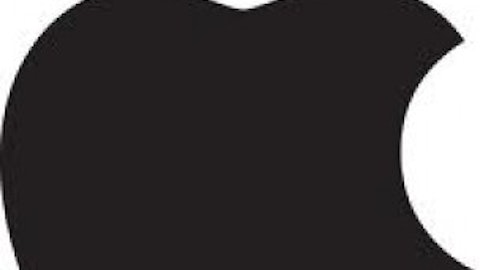Notwithstanding, many critics of Tim Cook will be quick to point out that there has not been a new product line launched at Apple since the demise of Steve Jobs. Yet, the fact remains that Steve Jobs did not give us new products every year. In fact, new products during the reign of Steve Jobs were more like a new product every 3 to 6 years. For instance, the iPod came in 2001, followed by the iPhone in 2007 and the iPad in 2010. Thus, we may need to exercise more patience to see what Tim Cook meant by the “potential of exciting new product categories” that he “can’t wait to introduce this fall and throughout 2014” in Apple Inc. (NASDAQ:AAPL)’s second quarters earnings call.
Now, in driving the point home to Manchester United PLC (NYSE:MANU), it may interest you to know that while Manchester United is a great football club that plays excellent soccer; the club is also a well-calibrated business machine. The club’s core business other than playing football and winning trophies can be roughly divided into:
Ticket and Program Sales (Match-Day Revenues)
This provides the club income through its 75,765-seat stadium (Old Trafford) that is always filled in all home games. The Stadium is also usually rented out for public events such as concerts.
Broadcasting Television Rights (MU TV)
With more than 333 million supporters around the world according to a TNS survey in 2007, it is not surprising that a cumulative audience of 4.2 billion watched Manchester United on TV in 2007 alone.
By-Products & Merchandizing (MU Travel, MU Soccer Schools, Kits)
There is no doubt that Manchester United remains successful in its merchandize sales and that it will continue with that trend because one of its corporate goals is to convert more fans to business customers and enhance customer value through implementation of CRS tools. Interestingly enough, Manchester United is focusing its attention on selling to the Asian market just like most blue chip companies and it is not surprising that almost two-thirds of its 333 million global fan base is from Asia.
Corporate Partnership, Advertising Inventory and Brand Marketing
Those in charge of selling the Manchester United brand are dedicated staffers that have succeeded in helping the club assembly a formidable team of 30 global corporate buyers such as AON, Nike, DHL and Concha Y Toro among others.
I also believe that given the caliber of players in the club, Moyes’ experience, and an ownership that doesn’t shy away from spending money on what can be considered research and development in purchasing key players when the need arises Manchester United does not need more than a season to find its equilibrium and re-establish its dominance in English Football.
Nonetheless, Manchester United PLC (NYSE:MANU) is not the stock to own at the moment if you are a short-term investor looking for a quick fix; you may want to consider horse betting, but it doesn’t have any semblance to investing. The ownership was honest to point out in its IPO prospectus that “Any successor to our current manager may not be as successful as our current manager.” Hence, Manchester United is the stock to own for the long term and you can be sure that you will not be disappointed.
On a personal level, I believe that the first few weeks of next season will be a good entry point to own Manchester United as many investors start selling in a post-Ferguson era that seems to be full of uncertainties. Interestingly, shares of Manchester United will experience a rallying point as the next season draws to an end with the indicator being that Manchester United will end the season with a top-four position on the table.
The article Parallels Between Apple and Manchester United originally appeared on Fool.com and is written by Victor Alagbe.
Victor is a member of The Motley Fool Blog Network — entries represent the personal opinion of the blogger and are not formally edited.
Copyright © 1995 – 2013 The Motley Fool, LLC. All rights reserved. The Motley Fool has a disclosure policy.

